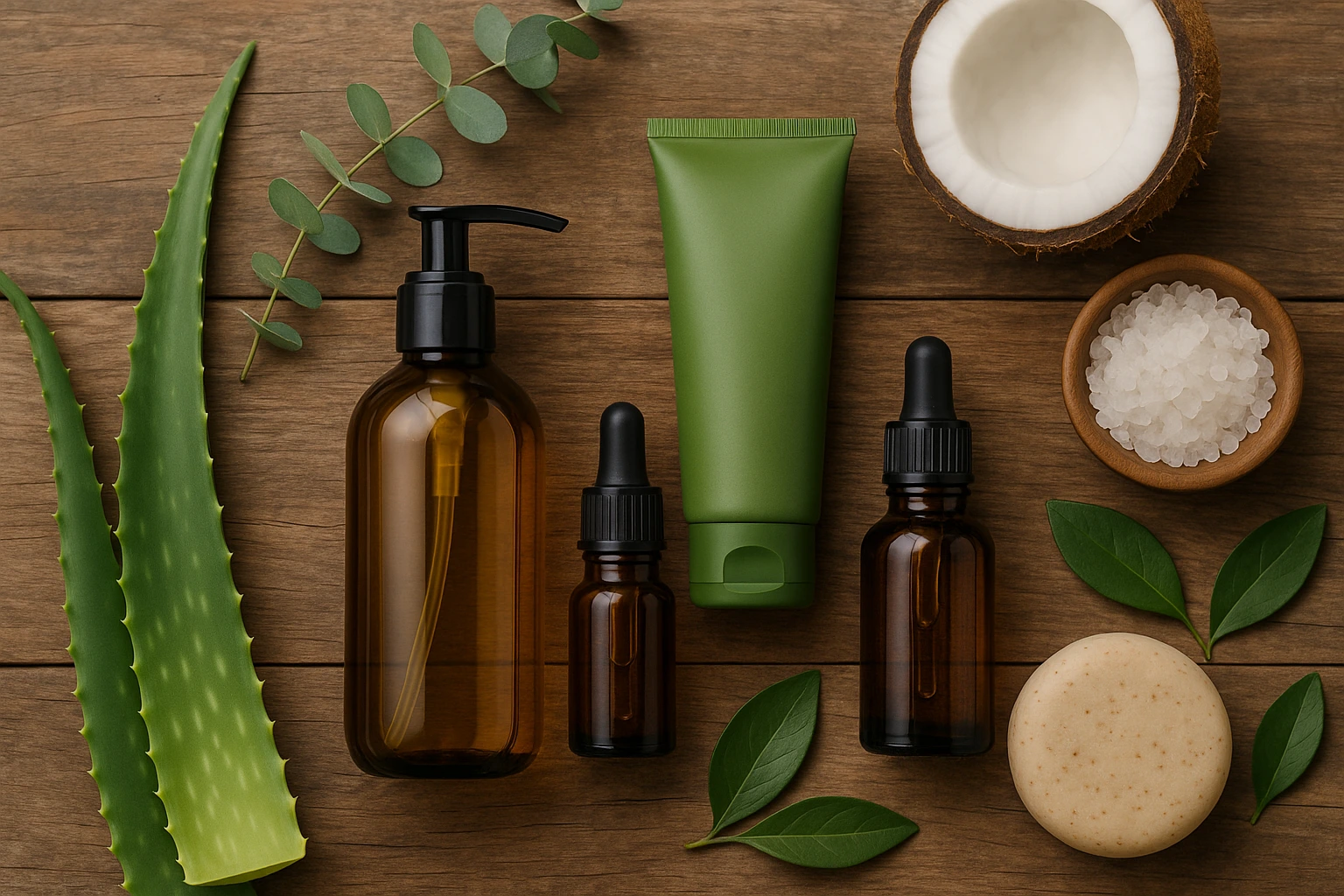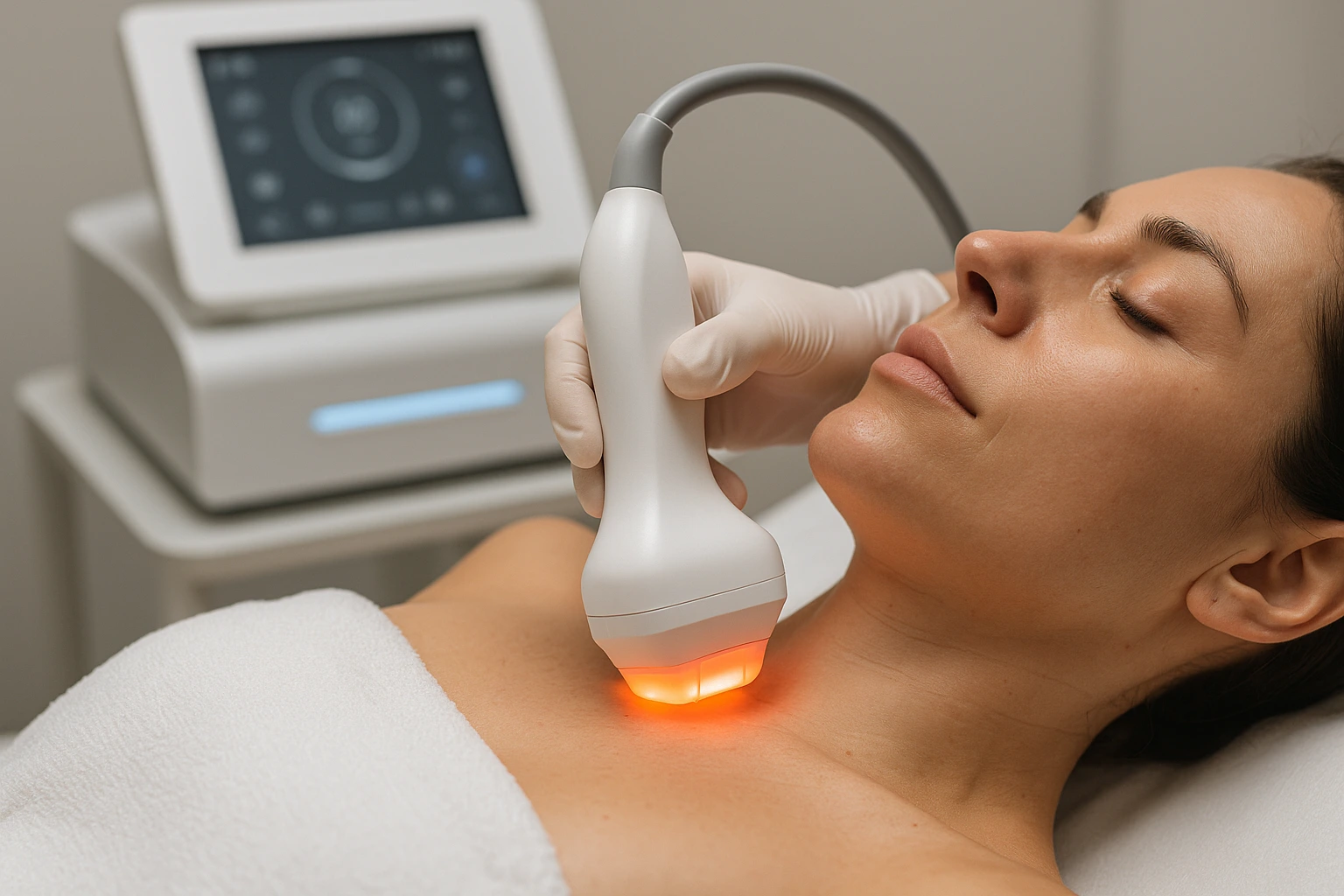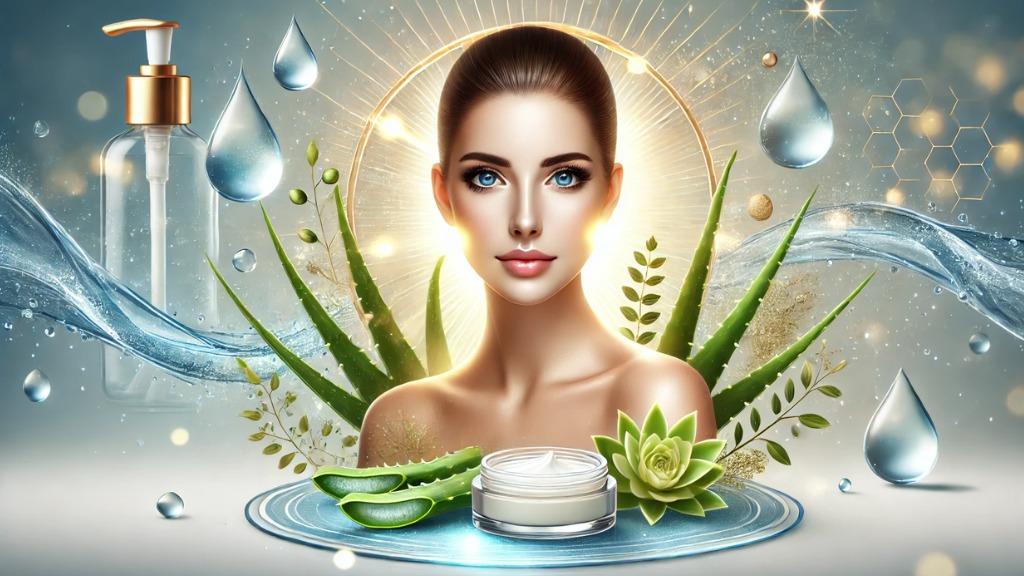Ever wondered if the daily products that you put on your skin might have ingredients banned elsewhere? Organic beauty products are in demand as awareness grows for health, sustainability, and clean living. But are these truly better, or is it just good marketing?
This article opens the doors to define why organic matters in beauty, what the real benefits are, how to decide on the proper products, and what some of the future trends in the industry are.
Why Organic Beauty Products Matter
Your skin is your body’s largest organ, and what you put on your skin can matter as much as what you put in your body. Most of the conventional beauty products use synthetic fragrances, parabens, sulfates, and even formaldehyde-releasing preservatives. Such ingredients may trigger allergic reactions, may be considered endocrine disruptors, or may bring forth some health hazards in the long run.
Are organic beauty products different, then? They use ingredients that are grown without synthetic pesticides, GMOs, or additives derived from petroleum. They’re better for your skin and the environment.
Advantages of Organic Beauty Products
- Gentle on Skin: Because they lack harsh chemicals, these products are great for those with sensitive skin prone to irritation.
- Nutrient Rich: Organic products nourish and promote skin health through natural oils, plant extracts, and vitamins.
- Eco-Friendly: Most organic companies use ingredients that are biodegradable and environmentally friendly.
- Fewer Allergens: Potentially less chance of breakouts or allergic reactions, particularly for the chemically sensitive types.
- Transparency: Organic-certified companies are open about the entire list of ingredients and sourcing methods.
Stepwise Procedure for Choosing Organic Beauty Products
1. Check for Certifications
Credible certifications include:
- USDA Organic (U.S.)
- COSMOS Organic (Europe)
- ECOCERT
- Soil Association
They certify that the product adheres to strict organic and safety standards.
2. Read the Ingredient List
Go for products with a large concentration of components that are easy to recognize—If it’s argan oil, shea butter, chamomile extract, etc. Steer clear of invisible toxins labeled as “fragrance,” which is a walking license for synthetic chemicals.
3. Research the Brand
Ethical brands like Juice Beauty, Herbivore Botanicals, and Tata Harper prioritize organic sourcing, cruelty-free testing, and sustainability.
Real Life Example: Making the Shift to Organic Skincare
Case Study: Clara’s Journey to Organic Beauty Products
Clara was 29 when she had been struggling with eczema and flare-ups for years. Switching to a minimalist, all-certified-organic SKINCARE&BIO approach, using just two products: Pai Skincare’s Camellia, Rose Cleanser and OSEA’s Sea Vitamin Boost, she saw a steep decrease in irritation and redness in a matter of weeks. Her dermatologist supported the move, suggesting that these natural anti-inflammatories, oil as rosehip and aloe vera-actually helped to repair her skin barrier.
List Tips to Start With
- Take it slow: One product at a time, starting with moisturizer or cleanser-two products that stay on your skin the longest.
- Patch Test: Even natural ingredients might cause an allergic reaction. Test on a small area of skin first.
- Store Properly: Organic products, being without synthetic preservatives, often have a shorter shelf life. Store cool and away from direct sunlight.
- Avoid Greenwashing: Words like “natural” or “pure” aren’t regulated. Always check for certifications and full transparency.
Common Mistakes to Avoid
- Assuming Organic Means Hypoallergenic: If an allergen were present in essential oils, then irritation could result.
- Overlooking Expiration Dates: Natural formulas decompose faster and may not be efficacious or safe when used past their best-before information.
- Mixing Incompatible Ingredients: Adverse reactions might take place because of reactions between certain organic oils and active acids.
Future Trends in Organic Beauty
- AI-Personalized Formulations: Brands like Proven and Atolla are setting up organic skincare routines personalized for your skin microbiome.
- Refillable Packaging: Following the eco approach, packaging from RMS Beauty and Kjaer Weis has become a big thing.
- Blue Beauty Movement: This one is further from green beauty. The focus is on protecting marine ecosystems through coral-safe and ocean-friendly ingredients.
Conclusion: Invest In Your Skin and the Well-being of the Earth
Organic beauty products are far from a fad. They are a way of life imbued with health, ethics, and sustainability. Not all natural-labeled ones are 100% clean, though, and with informed decisions and certified ingredients brought to the forefront of your mind, skincare can be a rewarding experience.
Ready to make the switch? Look into organic-certified products and ingredient lists. For helpful product reviews and experts’ take on it, subscribe to our newsletter and follow our conscious beauty living guide.




